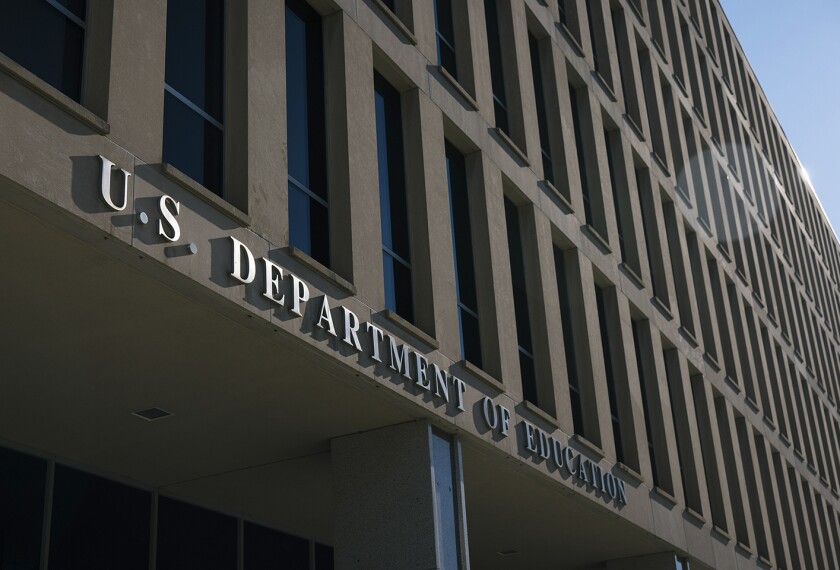Includes updates and/or revisions.
American teenagers scored lower in science than students in a majority of other industrialized countries participating in a prominent international exam, in results that testing officials said they released early after the scores unexpectedly slipped out abroad.
Fifteen-year-old U.S. students ranked lower, on average, than their peers in 16 other countries, including those in Finland, Canada, Japan, the Czech Republic, and Ireland, out of 30 total industrialized nations, on the 2006 Program for International Student Assessment, or PISA.
The United States scored in the same statistical category as eight other developed nations in science, including Poland, France, Iceland, and Spain. The U.S. average was higher than the five remaining nations in that category.
At a time when many public officials are decrying American students’ middling performance on the international stage, the latest results seem likely to draw a glum reaction in political and education circles. The United States’ average score of 489 on the PISA science section also fell below the average score among industrialized nations of 500.
In 2003, the last time PISA measured science, U.S. students scored an average of 491, also below the international average for industrialized nations of 500.
Retesting Sought
PISA measures the science ability of 15-year-olds across nations. The Paris-based Organization for Economic Cooperation and Development, or OECD, which sponsors the test, was originally scheduled to release test scores in three subjects—reading, mathematics, and science—on Dec. 4. Science is the major subject examined on this year’s assessment, meaning it was tested in more depth than reading and math.
But in a Nov. 29 statement, officials from the Institute of Education Sciences, the arm of the federal Department of Education that administers the U.S. version of PISA, said that a Spanish publication broke an international embargo on the test results, publishing the science scores in advance of their official release date. After those scores were published, the OECD decided to make the science results public on its Web site, and U.S. officials said they decided to follow suit.
Officials in the United States have already dealt with a significant testing foul-up of their own doing on this year’s PISA. Because of a major printing error in the U.S. version of the reading test—which federal officials blamed on their contractor—the U.S. reading scores were invalidated and will not be released. (“Printing Errors Invalidate U.S. Reading Scores on PISA,” Nov. 28, 2007.)
Shortly after U.S. officials acknowledged that problem, Bob Wise, the president of the Alliance for Excellent Education, a Washington organization that seeks to improve high schools, wrote a letter to U.S. Secretary of Education Margaret Spellings and IES Director Grover J. “Russ” Whitehurst, asking that they attempt to readminister the U.S. version of the PISA reading section. He noted that the next PISA reading results are not slated to be available to the public until 2010.
A spokesman for the IES, Bruce Friedland, said that his agency and the department would give “careful consideration” to the request, but that no decision had been made.





